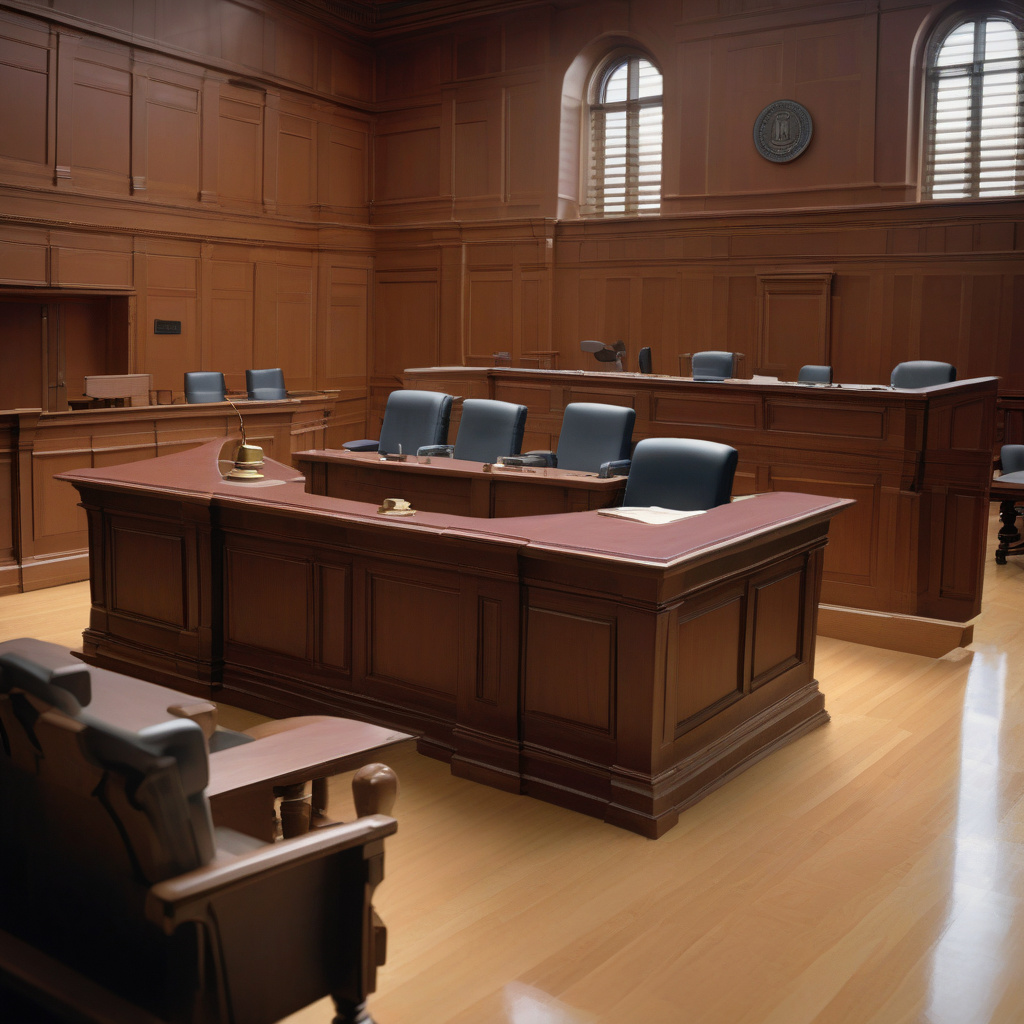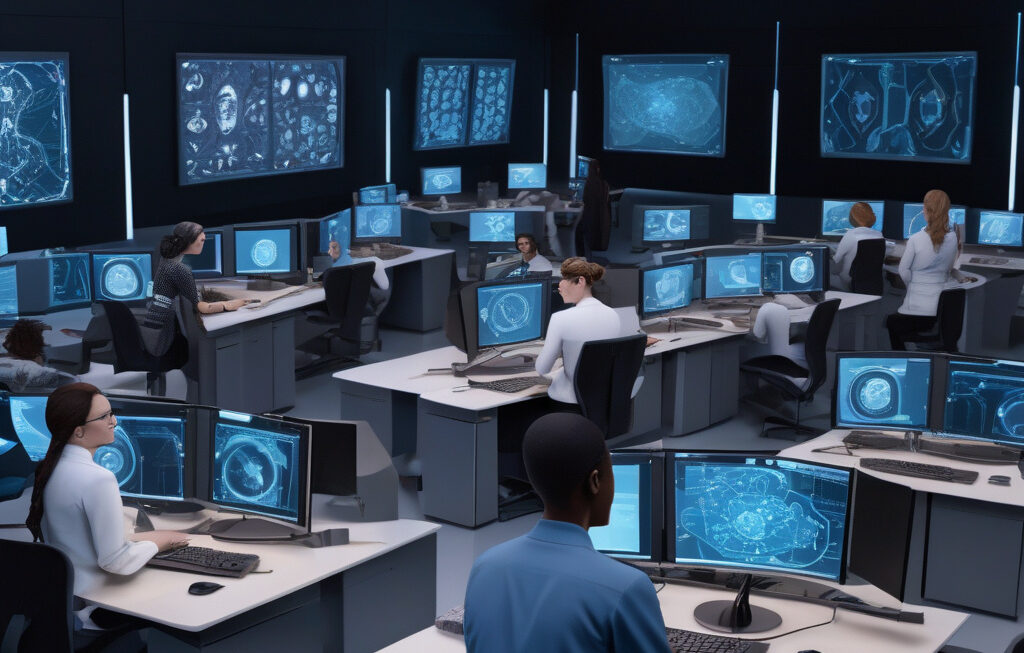AI for Criminal Court Transcripts: MoJ Looks to Cut Costs While Maintaining Quality
The Ministry of Justice (MoJ) is exploring the use of artificial intelligence (AI) technology to transcribe criminal court proceedings. This move comes as a potential cost-cutting measure, with the aim of streamlining the transcription process and improving efficiency. However, the MoJ emphasizes that any AI solution must meet strict standards to ensure accuracy and reliability in legal documentation.
Transcribing court proceedings is a crucial task that requires precision and attention to detail. Human transcribers are traditionally employed to document everything said during a trial or hearing, creating a verbatim record that is essential for legal proceedings. However, this process can be time-consuming and costly, especially in cases with lengthy or complex testimonies.
By introducing AI technology into the transcription process, the MoJ hopes to expedite the generation of court transcripts while reducing associated costs. AI-powered transcription tools have the potential to analyze audio recordings and produce written transcripts at a fraction of the time it would take a human transcriber. This efficiency could lead to significant savings for the justice system, allowing resources to be allocated more effectively.
Despite the benefits that AI transcription could bring, the MoJ is keenly aware of the importance of maintaining high standards in legal documentation. Accuracy is paramount in court transcripts, as any errors or omissions could have serious implications for legal cases. Therefore, any AI solution implemented by the MoJ must undergo rigorous testing and validation to ensure its reliability and precision in transcribing complex legal language and terminology.
One of the key challenges in developing AI for court transcripts is the need to accurately capture nuances in speech, including accents, emotions, and interruptions. Human transcribers are trained to understand these subtleties and can provide context where needed in the transcript. AI systems must be able to replicate this level of understanding to produce transcripts that are not only accurate but also comprehensible in a legal context.
To address these challenges, the MoJ is likely to collaborate with AI developers and legal professionals to tailor AI transcription tools specifically for court proceedings. By incorporating feedback from legal experts and practitioners, the MoJ can ensure that any AI solution meets the unique requirements of the justice system and upholds the standards of legal documentation.
As AI technology continues to advance, its applications in various industries, including law and justice, are becoming more prevalent. By harnessing the power of AI for court transcripts, the MoJ has the opportunity to modernize and optimize the transcription process, leading to increased efficiency and cost savings. However, the MoJ’s commitment to maintaining strict standards in transcription quality underscores the importance of balancing innovation with reliability in legal proceedings.
In conclusion, the MoJ’s exploration of AI for criminal court transcripts represents a significant step towards leveraging technology to enhance the efficiency of the justice system. By embracing AI tools that meet stringent standards for accuracy and reliability, the MoJ can potentially revolutionize the way court proceedings are transcribed, paving the way for a more streamlined and cost-effective legal process.
AI, Criminal Justice, Transcription, Ministry of Justice, Legal Technology












